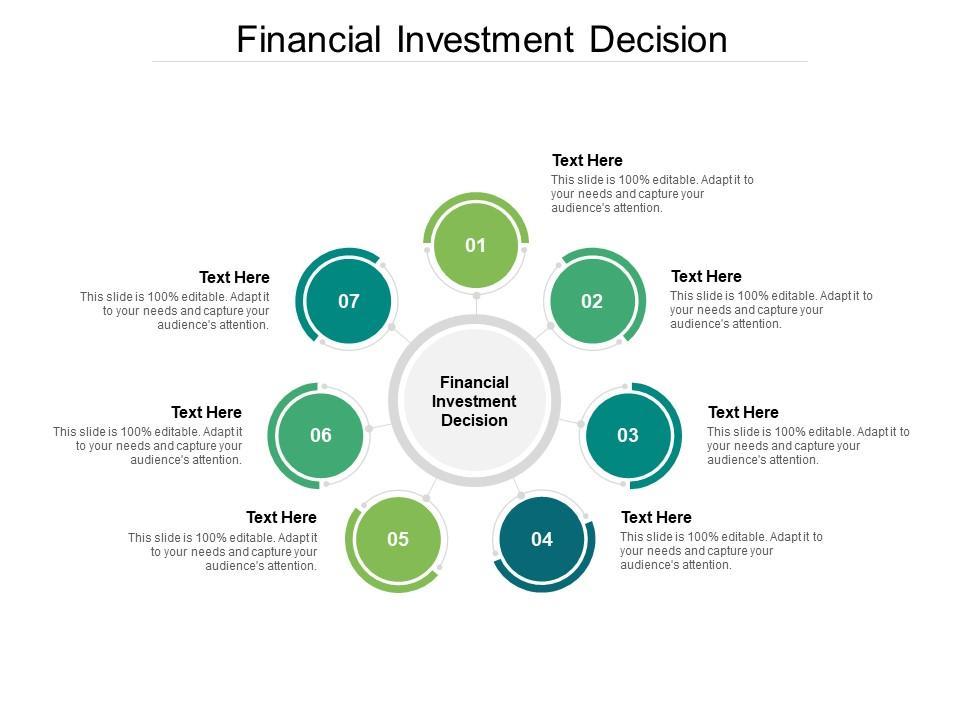In the high-stakes chess game of personal finance, savers are often confronted with strategic dilemmas that challenge conventional wisdom. Picture this: certificates of deposit (CDs) tempting you with a gleaming 4% yield, while your mortgage quietly hums along at a modest 2.375% interest rate. The financial crossroads beckons, demanding a calculated decision that could shape your economic landscape. Is it more prudent to lock in those CD returns or chip away at your home loan’s principal? Our expert advisor dissects this nuanced financial puzzle, offering insights that go beyond simple arithmetic and tap into the deeper strategies of wealth management. When it comes to financial decision-making, the battle between investing in high-yield certificates of deposit (CDs) and paying down a low-interest mortgage can feel like navigating a complex maze of numbers and opportunities.
Today’s financial landscape presents an intriguing scenario where 4% CDs shimmer with potential while a 2.375% mortgage lurks in the background, tempting investors with conflicting strategies. The seemingly straightforward choice isn’t as black and white as one might assume.
Consider the mathematical reality: A 4% CD offers guaranteed returns with minimal risk, providing a predictable income stream. Meanwhile, a 2.375% mortgage represents a fixed obligation with potential tax deductions. The spread between these rates creates a nuanced financial puzzle that demands careful analysis.
Mathematically speaking, the CD appears more attractive at first glance. The 1.625% difference suggests an opportunity for arbitrage, where investors could theoretically pocket the differential. However, this surface-level calculation overlooks critical factors like tax implications, overall portfolio diversification, and individual financial goals.
Tax considerations play a significant role in this decision. CD interest is typically taxed as ordinary income, potentially reducing the net return. Mortgage interest, conversely, might offer tax deductions, effectively lowering the true cost of borrowing. This subtle distinction can dramatically shift the financial equation.
Liquidity becomes another crucial factor. CDs often come with withdrawal penalties, restricting access to funds. Mortgage payments, while steady, don’t provide the same flexibility. Investors must weigh the importance of having readily available cash against potential investment returns.
Risk tolerance enters the equation as well. CDs represent a low-risk, predictable investment, while mortgage prepayment offers a guaranteed return through reduced interest expenses. The psychological comfort of eliminating debt can’t be quantified by pure numbers.
Personal financial circumstances ultimately dictate the optimal strategy. Factors like retirement proximity, emergency fund status, and overall investment portfolio composition transform this from a simple mathematical problem into a personalized financial decision.
Ultimately, the most intelligent approach might involve a balanced strategy. Splitting resources between CD investments and mortgage prepayments could provide a pragmatic middle ground, capturing benefits from both strategies while mitigating potential drawbacks.
No universal solution exists. Each investor must carefully evaluate their unique financial landscape, consulting with professional advisors who can provide tailored guidance aligned with individual goals and risk profiles.



